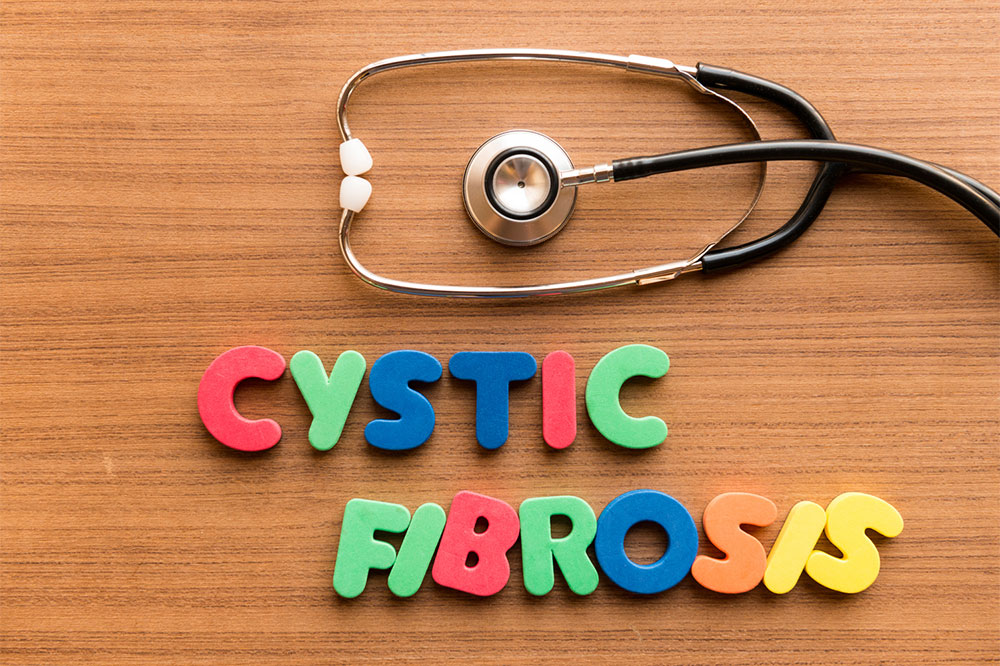Recognizing Key Signs and Indicators of Cystic Fibrosis
This article discusses the key signs and symptoms of cystic fibrosis, emphasizing the importance of early detection. It covers typical indicators such as persistent cough, breathing problems, digestive issues, and other physical changes. Recognizing these signs can lead to timely medical intervention, enhancing quality of life for affected individuals.

Cystic fibrosis is a genetic disorder that primarily affects the lungs and digestive system. It causes the production of thick, sticky mucus that can clog airways and organs like the pancreas. This leads to breathing challenges, nutritional deficiencies, and serious health risks if untreated. Early detection is essential. Typical symptoms include a chronic cough with mucus or blood, breathing issues such as wheezing or shortness of breath, abdominal discomfort from digestive blockages, and unusual growth or weight loss. Additional signs may include nasal polyps, tiredness, and changes in nail appearance. Prompt diagnosis helps improve treatment outcomes and overall well-being.


